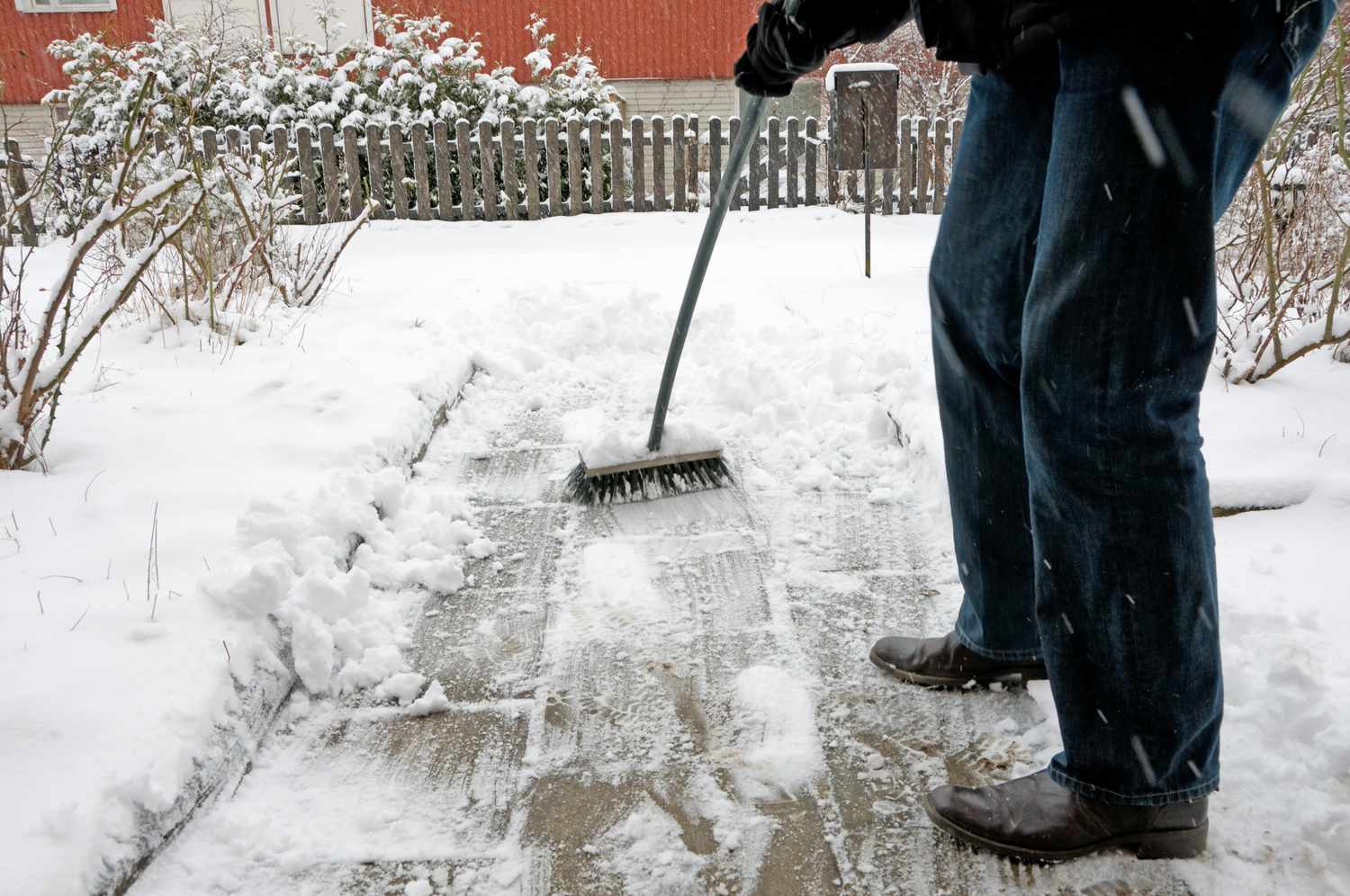Winter weather can make roads and sidewalks treacherous, creating a risk of slips and falls for pedestrians and drivers alike. To combat these hazards, various types of salts are used to melt ice and keep surfaces safe for travel.
Three common types of salt used for this purpose are rock salt, road salt, and white salt. In this article, we’ll explore the differences between these three types of salts and their respective benefits and drawbacks.
What is rock salt?
Rock salt is a type of salt that is commonly used for de-icing roads and sidewalks during the winter months. It is typically composed of sodium chloride and may also contain small amounts of other minerals. The name “rock salt” comes from the fact that it is often mined from underground salt deposits.
Royal blue rock salt is a type of rock salt that is becoming increasingly popular for its unique appearance and additional benefits over regular rock salt. It is also known as Persian blue salt or Iran blue salt, as it is mostly found in Iran. The blue color of the salt comes from the mineral sylvite, which is found in the salt mines where this type of rock salt is extracted.
Royal blue rock salt is a type of deicing agent that is often used in colder climates to melt ice and snow on roads, sidewalks, and driveways. It gets its name from the distinctive blue color that comes from added additives such as iron oxide or copper sulfate.
This type of rock salt is known for being more effective than traditional white salt at melting ice and snow, even at lower temperatures. Additionally, it is less corrosive to concrete and metal surfaces than white salt, making it a popular choice for areas with high foot traffic or sensitive infrastructure.
However, royal blue rock salt can be more expensive than other deicing agents and may not be as readily available in all areas. Despite this, many people choose to use royal blue rock salt for its effectiveness and ability to minimize environmental damage caused by the overuse of other deicing agents.
There are many bulk rock salt wholesalers who can give you a good deal for your de-icing needs.
What is white salt?
White salt is a common name for sodium chloride, a naturally occurring mineral that is often used as a seasoning and a preservative. It is commonly found in crystalline form and is typically white in color, which is why it is often referred to as “white salt.” It works by lowering the freezing point of water, allowing it to remain in liquid form even when temperatures drop below freezing. White salt is often preferred over other deicing agents because it is relatively inexpensive and readily available.
However, it can have negative effects on the environment if overused or improperly applied. It can also be corrosive to concrete and metal surfaces if not washed away after use. Despite its drawbacks, white salt remains a popular choice for deicing due to its effectiveness in melting snow and ice quickly.
What is road salt?
Road salt is a type of salt used for deicing and snow removal on roads, highways, and other surfaces. It is typically a mixture of sodium chloride, magnesium chloride, and other minerals, which work to lower the freezing point of water and melt ice and snow on the road surface.
Road salt is spread on the surface before or after a snowstorm to prevent the accumulation of snow and ice, making driving safer and easier for motorists. However, excessive use of road salt can have negative environmental effects, such as contaminating water supplies and harming wildlife. All you need to do in the winter is find out where to buy bulk salt for snow.
What is rock salt used for?
Rock salt is primarily used for deicing and anti-icing roads, sidewalks, and other surfaces during winter weather. It lowers the freezing point of water, which makes it easier to remove snow and ice. Rock salt is also used as a seasoning for food, such as in making salt crusts for baking fish, and as a preservative for meats and other foods.
In addition, it has industrial applications such as in the production of chlorine and caustic soda, as well as in the manufacture of soap and other chemicals. Rock salt is also used in water treatment to help remove impurities, and in some cases, it is used in agriculture to improve soil quality.
Conclusion
When it comes to melting ice and keeping roads and sidewalks safe in winter weather, there are several types of salts to choose from. Each type has its own benefits and drawbacks, depending on factors such as its effectiveness, cost, and environmental impact.
Royal blue rock salt is often preferred over other types of salt because it is more effective at melting ice and snow even at lower temperatures. It is also less corrosive to concrete and metal surfaces, making it a popular choice for areas with high foot traffic or sensitive infrastructure.
Road salt, on the other hand, is a cheaper option that can be effective in milder winter conditions but may not work as well in extreme cold.
White salt is another common deicing agent that is relatively inexpensive and readily available but can have negative effects on the environment if overused or improperly applied.
Ultimately, the best option for deicing roads will depend on factors such as climate, budget, and environmental concerns. It’s important to weigh the pros and cons of each type of salt and to know how much does salt cost before making a decision.
